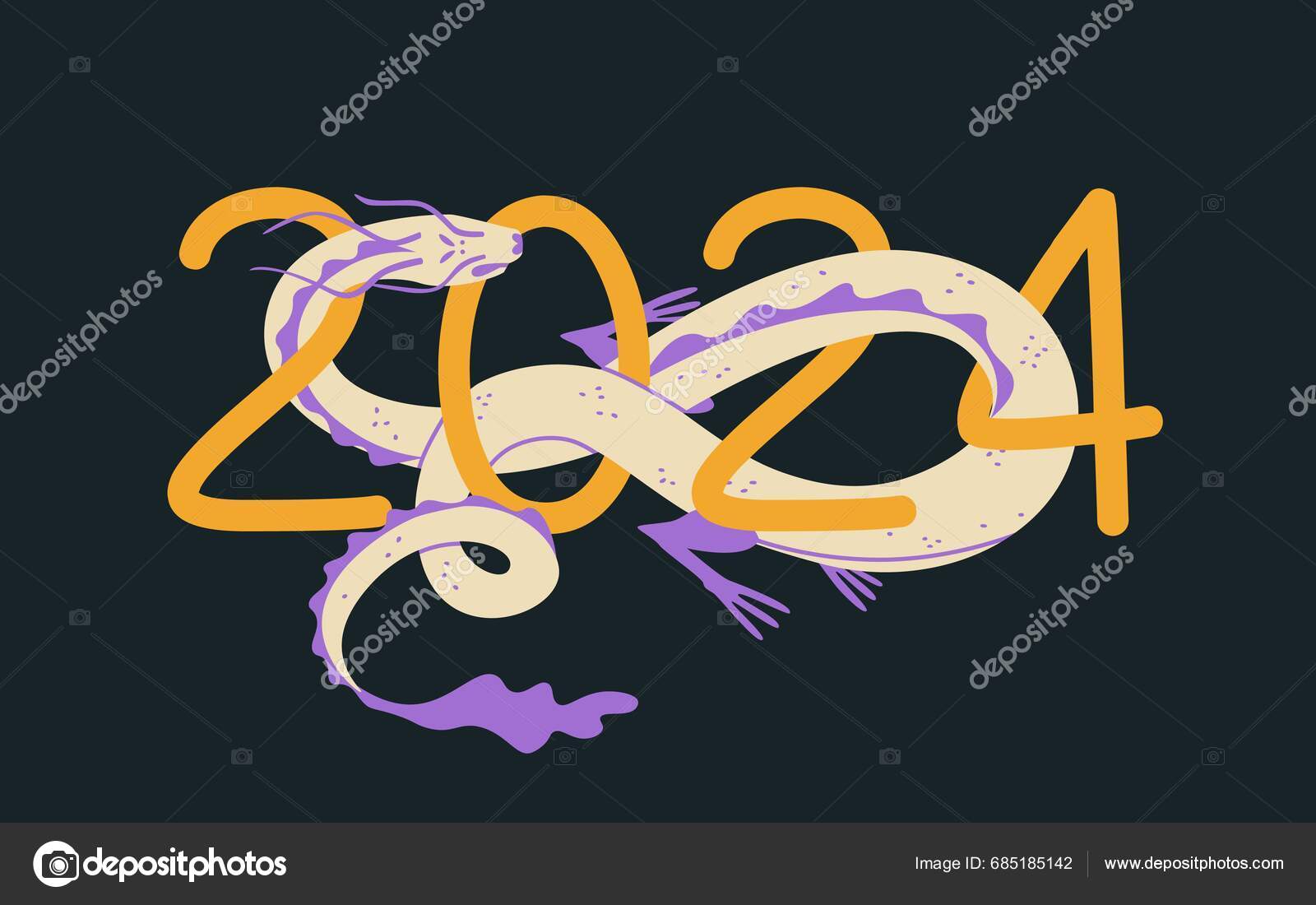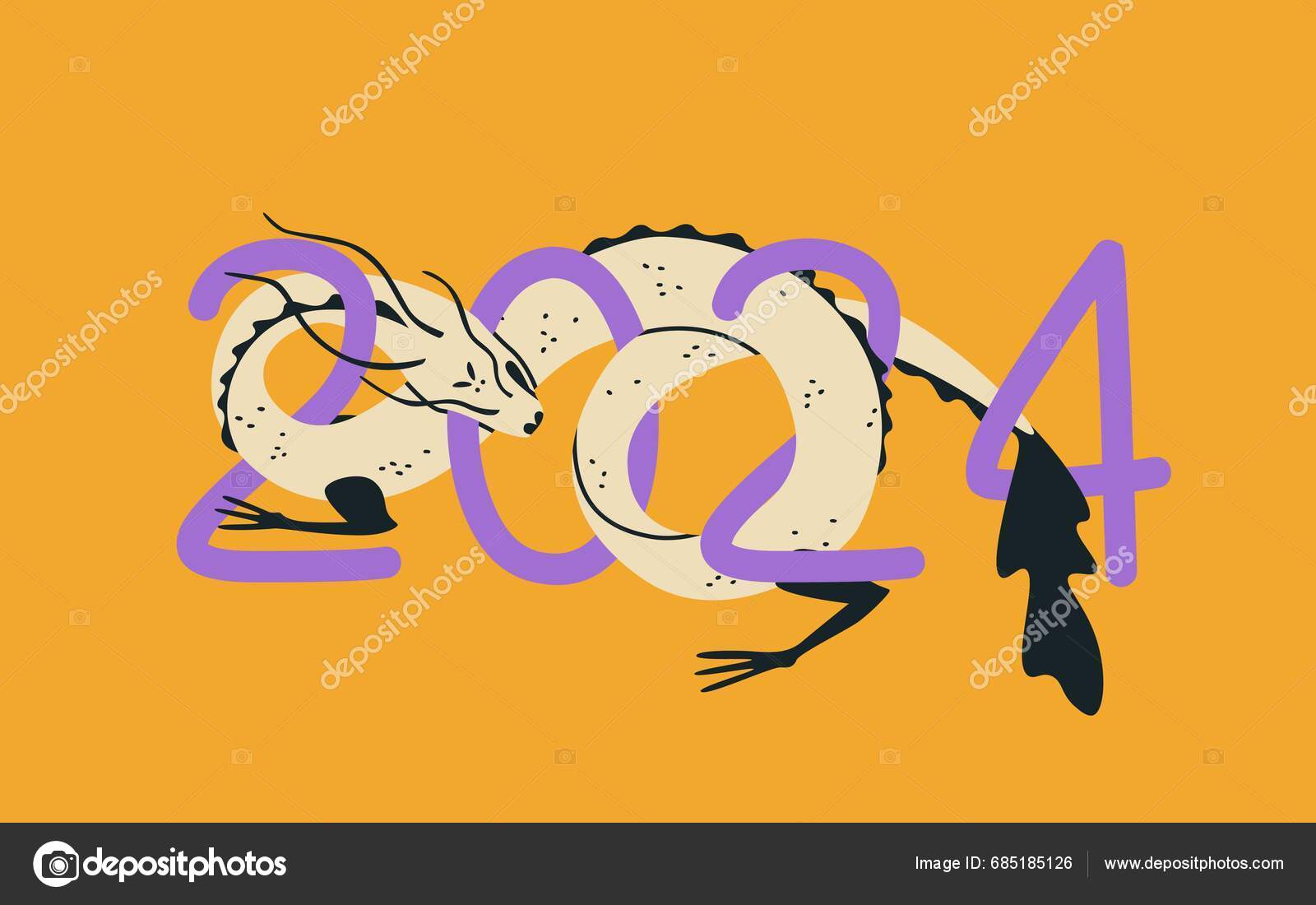Table of Contents
Introduction
The Chinese dragon has long been a revered symbol in Chinese culture, representing power, prosperity, and good fortune. As we approach the year 2024, the Chinese dragon takes center stage as the zodiac animal for the year. This article explores the rich symbolism, historical significance, and modern-day celebrations associated with the Chinese dragon, particularly in the context of 2024. Whether you're a fan of Chinese culture, astrology, or simply curious about this majestic creature, this guide will provide you with comprehensive insights into the world of the 2024 Chinese dragon.
The dragon is not just a mythical creature but a symbol deeply embedded in Chinese traditions and beliefs. Unlike Western dragons, which are often portrayed as menacing beasts, the Chinese dragon is seen as a benevolent being that brings blessings and protection. In the Chinese zodiac, the dragon is the only mythical animal among the twelve zodiac signs, making it a unique and highly revered symbol. As we delve deeper into the topic, we'll uncover the reasons why the dragon holds such a prominent place in Chinese culture and how it continues to influence modern society.
The year 2024 marks the beginning of a new cycle in the Chinese zodiac, and the dragon's presence is expected to bring about significant changes and opportunities. From cultural festivals to economic trends, the dragon's influence can be seen in various aspects of life. This article will guide you through the traditions, myths, and modern interpretations of the dragon, helping you understand why the 2024 Chinese dragon is a topic worth exploring.
Read also:Fortune Teller In Movie Big Unveiling The Mystical Role That Shaped The Story
The Symbolism of the Dragon
The Chinese dragon is a symbol of immense power, wisdom, and good fortune. Unlike its Western counterparts, the Chinese dragon is depicted as a long, serpentine creature with four legs, often accompanied by clouds or water. This depiction is rooted in ancient Chinese mythology, where dragons were believed to control water, rainfall, and rivers, making them vital to agriculture and prosperity.
Dragons are also associated with the emperor and imperial power in Chinese history. The dragon emblem was exclusively used by the emperor, symbolizing his divine right to rule. This association elevated the dragon's status, making it a representation of authority and strength. Even today, the dragon remains a powerful symbol in Chinese culture, often featured in festivals, art, and architecture.
In modern times, the dragon's symbolism extends beyond China, influencing global perceptions of Chinese culture. From tattoos to fashion, the dragon motif is widely recognized and celebrated. Its universal appeal lies in its ability to convey strength, resilience, and ambition, making it a timeless symbol that transcends cultural boundaries.
2024: The Year of the Dragon
The year 2024 falls under the Year of the Dragon in the Chinese zodiac, a cycle that repeats every 12 years. People born in the Year of the Dragon are believed to inherit the dragon's qualities, such as confidence, ambition, and charisma. As a result, the dragon year is often associated with success, innovation, and transformation.
Historically, dragon years have been marked by significant events and achievements. For instance, many businesses and individuals see the dragon year as an auspicious time to start new ventures or make important decisions. The year 2024 is expected to follow this trend, with predictions of economic growth and cultural milestones.
From a cultural perspective, the Year of the Dragon is celebrated with vibrant festivals, parades, and rituals. Dragon dances, a traditional performance featuring a team of dancers manipulating a long, flexible dragon figure, are a highlight of these celebrations. These events not only showcase the dragon's cultural significance but also bring communities together in a spirit of joy and unity.
Read also:February 2nd Zodiac Sign Discover Your Aquarius Traits And Personality
Historical Significance
The dragon's historical significance in Chinese culture dates back thousands of years. Ancient Chinese texts and artifacts depict dragons as divine beings with the ability to control natural elements. This reverence for dragons was deeply rooted in agrarian societies, where water and weather were crucial for survival.
Imperial Connection
During the imperial era, the dragon became a symbol of the emperor's power and authority. The dragon motif was prominently featured in royal palaces, clothing, and artifacts, reinforcing the emperor's divine status. This association elevated the dragon's symbolism, making it a representation of leadership and prosperity.
Dragon in Folklore
Chinese folklore is rich with stories about dragons, often portraying them as protectors and benefactors. One famous legend tells the story of the Dragon King, a deity who ruled over the seas and controlled rainfall. These tales not only entertained but also served as moral lessons, emphasizing the importance of harmony with nature.
Dragon in Modern Culture
In today's globalized world, the Chinese dragon has transcended its cultural origins to become a universal symbol of strength and ambition. From Hollywood movies to fashion runways, the dragon motif is widely embraced, reflecting its enduring appeal.
Dragon in Media and Entertainment
The dragon's influence is particularly evident in media and entertainment. Films like "Crouching Tiger, Hidden Dragon" and "Mulan" have introduced global audiences to the dragon's mystique, while video games and fantasy novels often feature dragons as central characters. This widespread representation has helped popularize the dragon as a symbol of adventure and heroism.
Dragon-Inspired Fashion
Fashion designers frequently incorporate dragon motifs into their collections, using intricate embroidery and bold prints to capture the dragon's essence. These designs not only celebrate Chinese heritage but also appeal to a global audience seeking unique and meaningful aesthetics.
Festivals and Celebrations
The Chinese dragon plays a central role in many festivals and celebrations, particularly during the Lunar New Year. Dragon dances, lantern festivals, and dragon boat races are just a few examples of how the dragon's spirit is brought to life through vibrant traditions.
Dragon Dance
The dragon dance is a traditional performance that involves a team of dancers manipulating a long, flexible dragon figure. Accompanied by the rhythmic beat of drums and cymbals, the dragon dance is believed to bring good luck and drive away evil spirits. This lively performance is a highlight of many cultural events and is enjoyed by audiences worldwide.
Dragon Boat Festival
The Dragon Boat Festival, celebrated on the fifth day of the fifth lunar month, features dragon boat races and the consumption of zongzi, a traditional rice dumpling. This festival commemorates the poet Qu Yuan and is an opportunity for communities to come together in celebration and remembrance.
Dragon Zodiac Personality Traits
People born under the dragon zodiac sign are said to possess a unique set of personality traits. Confident, ambitious, and charismatic, dragons are natural leaders who inspire those around them. However, they can also be stubborn and impulsive, traits that require balance and self-awareness.
Strengths of the Dragon Zodiac
- Confidence and self-assurance
- Strong leadership skills
- Passion and enthusiasm
Challenges of the Dragon Zodiac
- Tendency to be overly competitive
- Impatience and impulsiveness
- Difficulty in accepting criticism
Dragon-Inspired Art and Design
The dragon's influence extends to the world of art and design, where its imagery is used to convey strength, elegance, and cultural heritage. From traditional Chinese paintings to contemporary architecture, the dragon motif continues to inspire creativity and innovation.
Traditional Chinese Art
In traditional Chinese art, dragons are often depicted as majestic creatures surrounded by clouds, waves, or flames. These artworks not only showcase the dragon's beauty but also symbolize its connection to nature and the divine.
Modern Interpretations
Modern artists and designers reinterpret the dragon motif in innovative ways, blending traditional elements with contemporary styles. This fusion results in unique creations that appeal to a global audience while honoring Chinese cultural heritage.
Economic Impact of Dragon Year
The Year of the Dragon is often associated with economic prosperity and growth. Businesses and individuals see this year as an auspicious time to launch new ventures, invest in projects, or make significant life decisions.
Business Trends
Historically, dragon years have witnessed increased economic activity, with many companies experiencing growth and success. The year 2024 is expected to follow this trend, driven by innovation and consumer confidence.
Real Estate and Investments
In Chinese culture, the dragon year is considered an ideal time to buy property or make investments. This belief stems from the dragon's association with wealth and prosperity, making it a popular choice for major financial decisions.
Myths and Legends
Chinese mythology is rich with tales of dragons, each highlighting their power, wisdom, and benevolence. These stories not only entertain but also convey moral lessons and cultural values.
The Legend of the Dragon King
The Dragon King is a central figure in Chinese folklore, ruling over the seas and controlling rainfall. This deity is often depicted as a wise and compassionate ruler, ensuring harmony between humans and nature.
Dragon and the Pearl
One popular legend tells the story of a dragon guarding a magical pearl, symbolizing wisdom and enlightenment. This tale emphasizes the dragon's role as a protector and benefactor, guiding humanity toward prosperity and success.
Conclusion
The 2024 Chinese dragon represents a powerful symbol of strength, prosperity, and transformation. From its historical significance to its modern-day influence, the dragon continues to captivate and inspire people around the world. As we prepare for the Year of the Dragon, it's essential to embrace the opportunities and challenges that lie ahead.
Whether you're celebrating the dragon's cultural heritage, exploring its symbolism, or seeking inspiration for personal growth, the 2024 Chinese dragon offers something for everyone. We invite you to share your thoughts and experiences in the comments below, or explore more articles on our site to deepen your understanding of Chinese culture and traditions.

